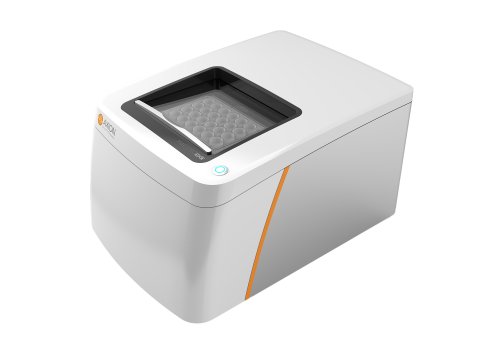Authors: Lei Tian, Tianwei Guo, Fujian Wu, Rui Bai, Sinan Ai, Hongyue Wang, Yuanxiu Song, Min Zhu, Youxu Jiang, Shuhong Ma, Xiaofeng Zhuang and Shuzhen Guo
Stem Cell Research & Therapy, 26 October 2023
Researchers use Axion’s Maestro MEA to characterize the electrophysiological activity of ADPRHL1-KO cardiomyocytes in vitro.
Deficiencies in pseudoenzymes are associated with a number of diseases. Some evidence suggests that the pseudoenzyme ADP-ribosylhydrolase-like 1 (ADPRHL1) plays a significant role in cardiac development, but this relationship is not fully understood. In this study, scientists investigate the mechanisms of ADPRHL1, using CRISPR/Cas9 to generate an in vitro cell human stem cell model with an ADPRHL1 knockout. To characterize the electrophysiological activity of ADPRHL1-KO cardiomyocytes and assess the role of ADPRHL1 in cardiac physiology in vitro, the scientists used Axion’s noninvasive Maestro multielectrode array (MEA) platform and other methods. Overall, the results demonstrated “that ADPRHL1 plays a critical role in maintaining the proper function of cardiomyocytes by regulating the ROCK–myosin II pathway, suggesting that it may serve as a potential drug target for the treatment of ADPRHL1-related diseases.”


